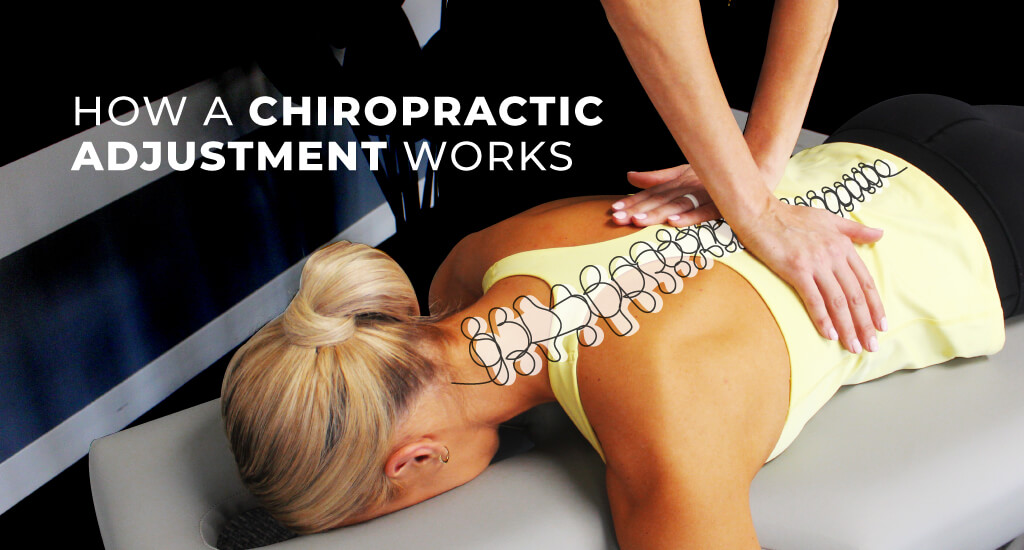
How a Chiropractic Adjustment Works
What happens during an adjustment? How can chiropractic care relief pain? Does it hurt – and is it safe? Get answers to all of your top questions on chiropractic care.
Your spine is quite a feat of engineering. It provides strength, support and flexibility to your upper body, which is why it’s so sensitive to pain and injury — and why decades of research show it responds exceptionally well to gentle, non-invasive chiropractic care.
Chiropractic for pregnancy has been clinically proven to manage pain and misalignment during those transformative nine months. Some discomfort is inevitable, but it can be managed and minimized.
Slouching slumping, hunching, sagging, drooping, stooping — however you want to describe poor posture — can lead to Dowager’s Hump, commonly called hunchback
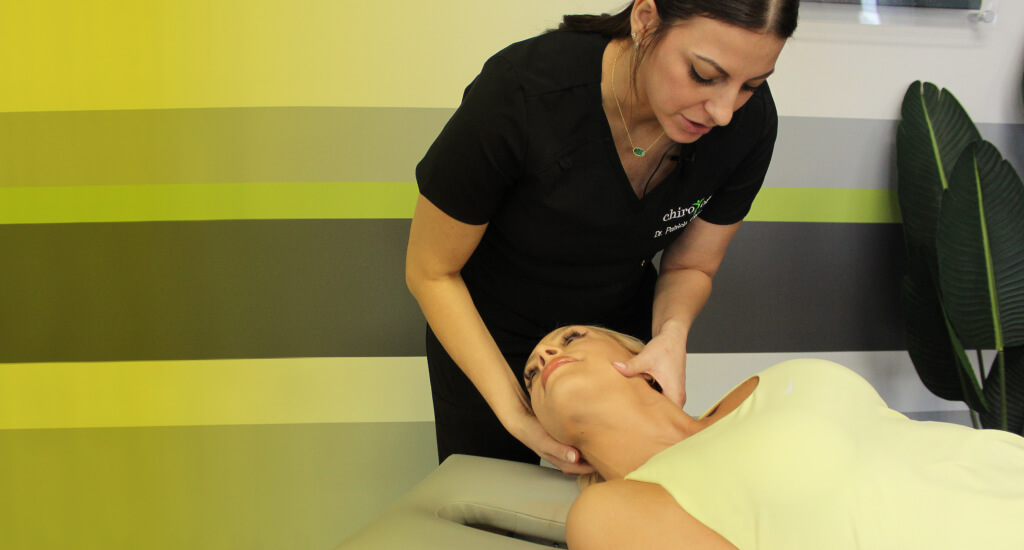
Every year, millions of Americans seek chiropractic care for neck pain. Discover some of the top causes of neck pain, and learn which neck pain conditions a chiropractor can help with – and how.
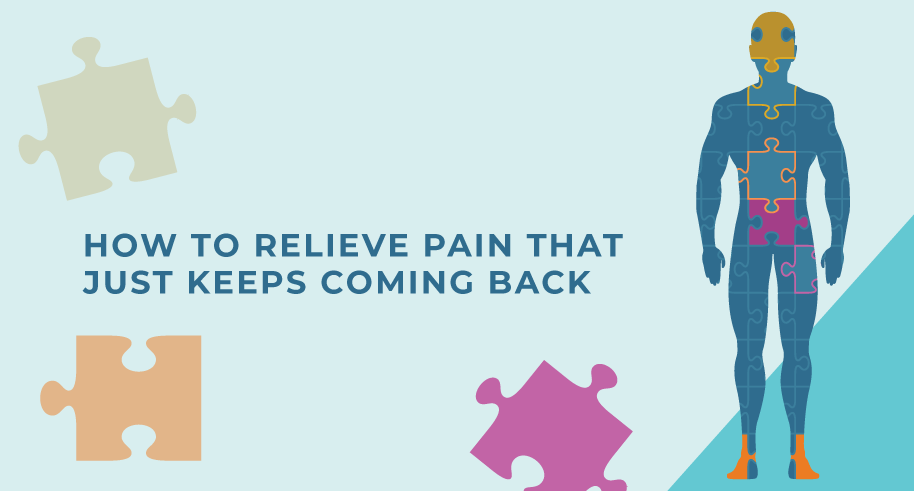
Are ice, heat, medication, and massage only providing temporary relief? Uncover the real source of your pain and get pain relief that lasts.

Pain isn’t normal – and it doesn’t have to be a normal part of your life. What could pain relief add to your life?
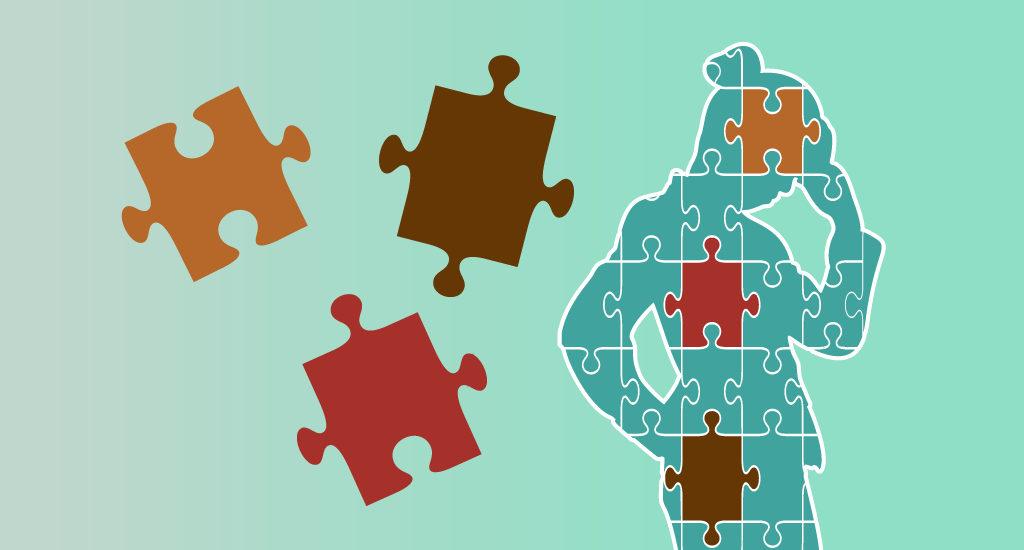
Wondering why cold packs, pain meds & massages don‘t provide long-term pain relief? The key to pain relief is to treat its root cause. Here’s how.
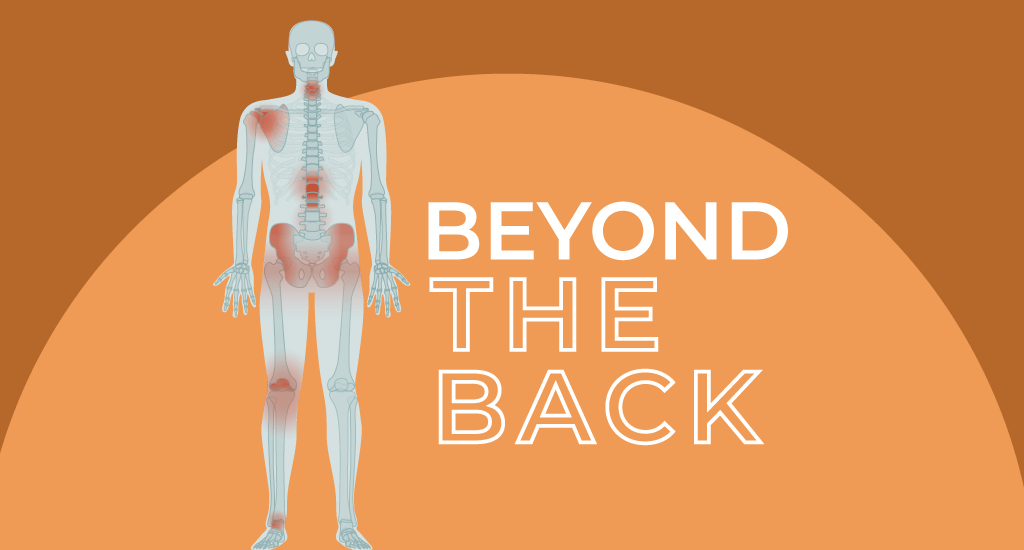
It’s not just for back pain. Discover how chiropractic care can provide pain relief from head to toe (and everything in between.)

There’s a reason the hashtag #mobility has already racked up over 35 million TikTok views. The secret’s been out for decades: upper body mobility exercises, lower body mobility exercises and even ankle mobility exercises not only feel good — they’ll help you move with ease longer (through your day, and your life).